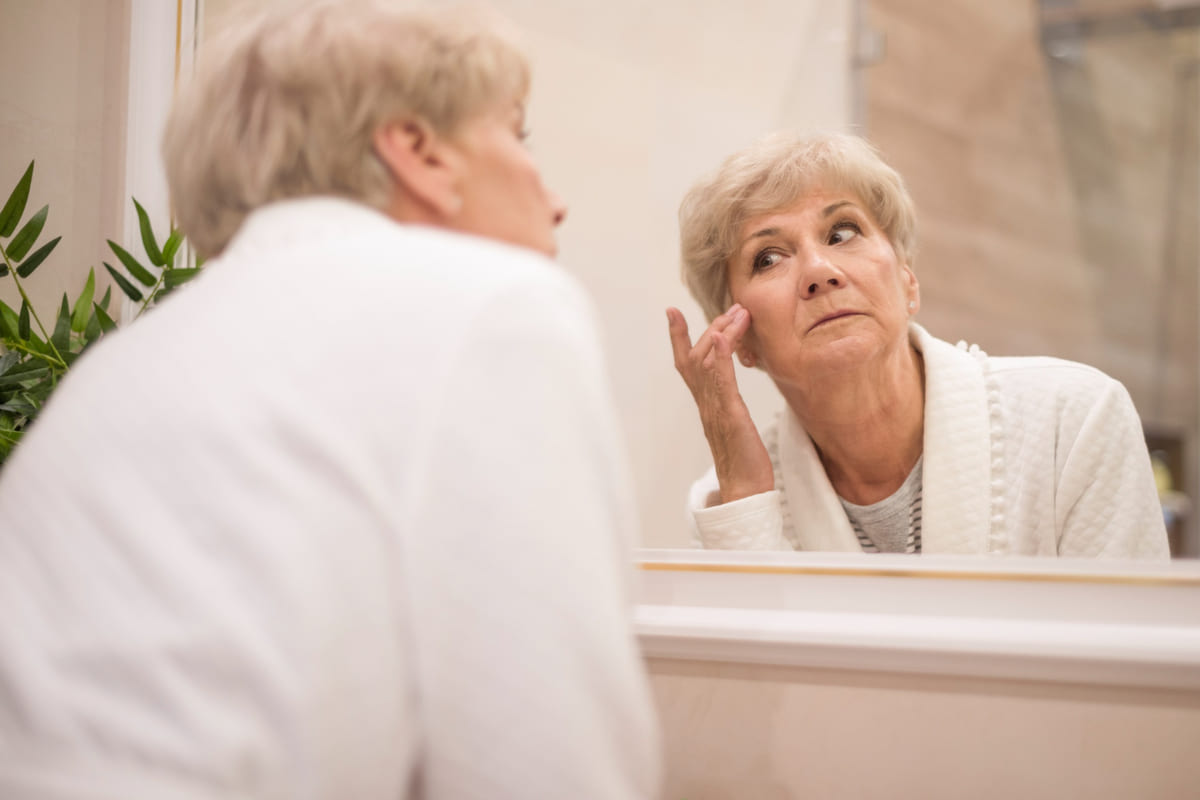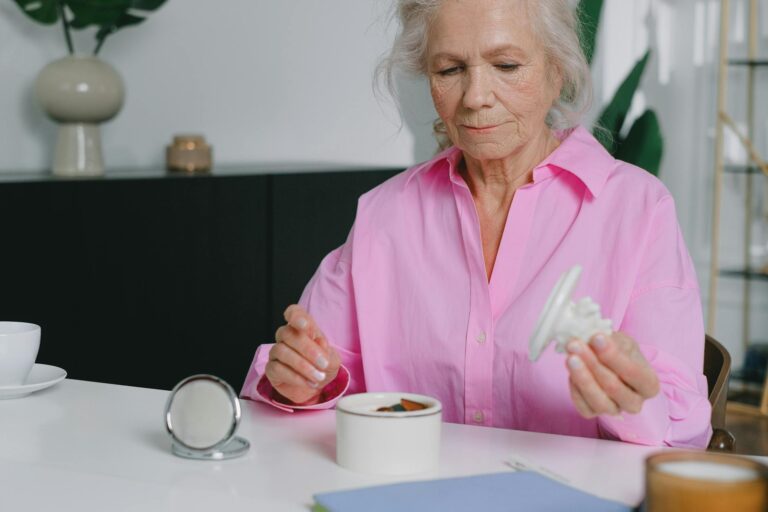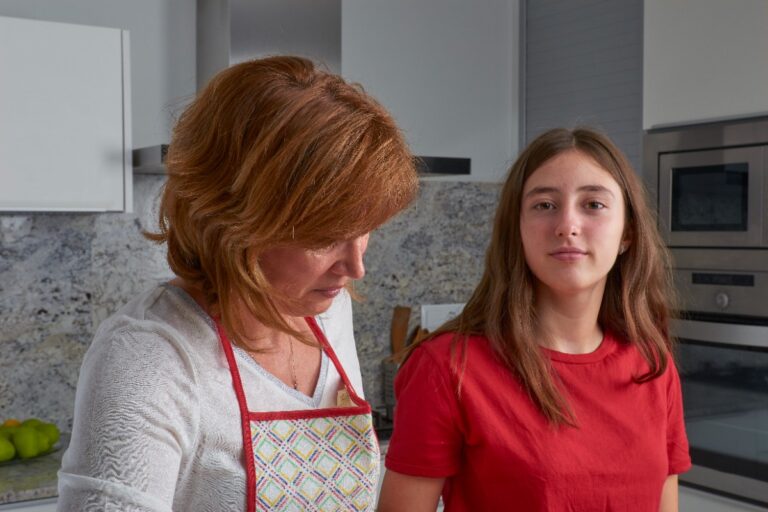15 Truths About Aging, Mental Health, and Self-Care No One Talks About
Aging is something everyone goes through, but few people talk openly about how it affects your mind and the way you care for yourself. It’s not just about getting older physically—there are changes in your mental health and daily habits that can catch you off guard.
This article will explore important truths about aging, mental health, and self-care that are often overlooked but matter to your well-being. Understanding these realities can help you navigate this part of life with more awareness and kindness toward yourself.
Self-esteem usually improves with age but can dip after 60 due to health issues.

You might notice your self-esteem growing as you move through your teens and into adulthood. For many, confidence tends to rise steadily, hitting a peak around age 60. This often happens because you’ve settled into your career, relationships, and a clearer sense of who you are.
However, after 60, things can get a bit trickier. Your self-esteem could take a downturn, partly because of health concerns or changes that come with aging. It’s common to face new challenges that affect how you feel about yourself.
If you experience this dip, it doesn’t mean you’ve lost all your confidence. Recognizing the role health plays can help you focus on what you can control. Taking care of yourself through regular check-ups and maintaining social connections can make a big difference.
Remember, feeling better about yourself later in life is still very possible, even with some setbacks. You just need to be aware of the ups and downs and find small ways to keep your confidence steady.
Dementia is not a normal part of aging; only about 10% of those 65+ have Alzheimer’s.
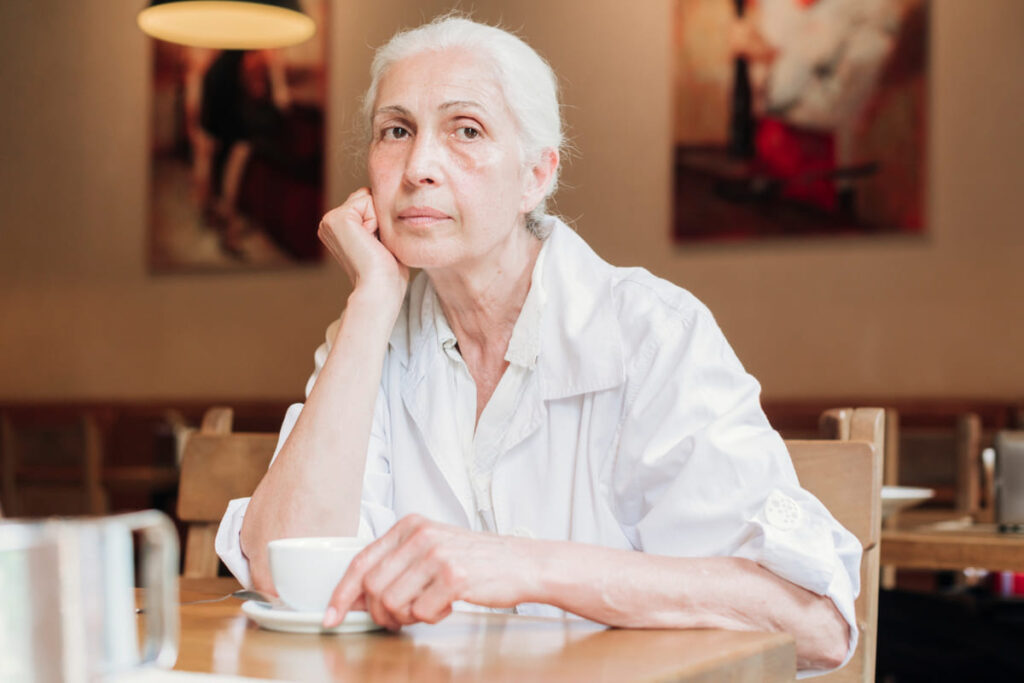
It’s easy to assume memory loss is just a part of getting older, but that’s not exactly true. While some mild memory changes happen with age, dementia is different, and it’s not something you should expect as a normal part of aging.
Around 10% of people over 65 actually have Alzheimer’s or some form of dementia. That means most older adults don’t develop it, even if you’ve noticed some occasional forgetfulness or slower thinking.
Alzheimer’s is the most common type of dementia, making up the majority of cases. But remember, dementia overall is about a decline in brain function that affects daily life—not just simple forgetfulness. If your memory issues start interfering with day-to-day tasks, it’s worth checking in with a healthcare provider.
Learning new skills can boost brain health and delay cognitive decline.
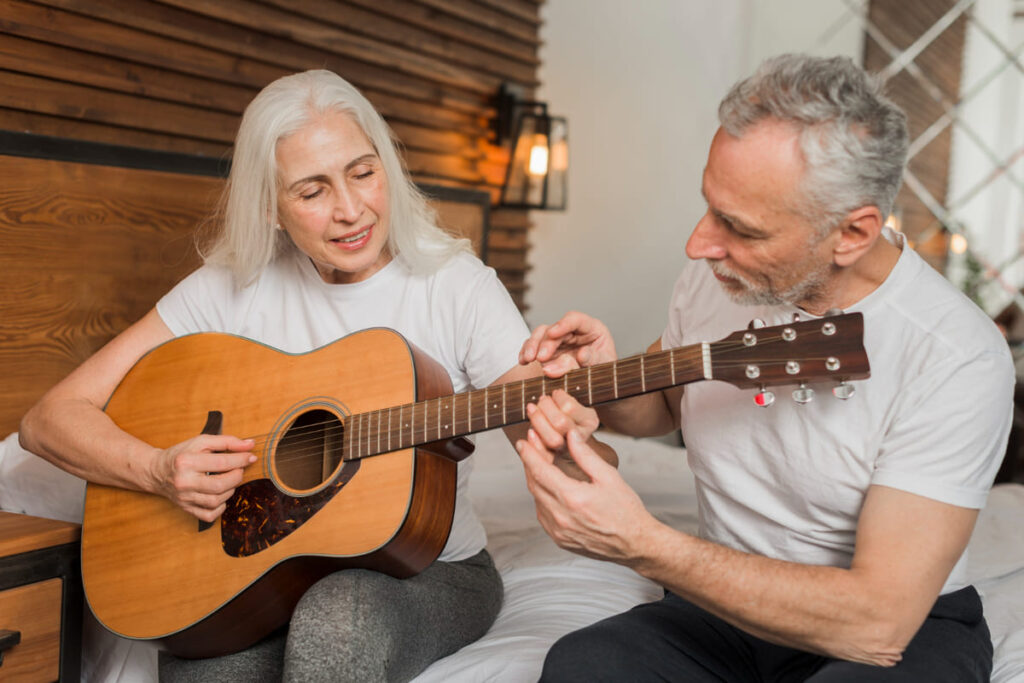
When you pick up a new skill, like learning a language or trying out a musical instrument, your brain gets a good workout. This kind of mental activity helps keep your thinking sharp and can slow down the typical decline that comes with age.
Challenging yourself with something unfamiliar creates what experts call a “cognitive reserve.” Think of it as extra brainpower that helps you stay mentally agile for longer. This can be useful in delaying issues like memory loss and slower problem-solving.
It doesn’t have to be a big commitment or formal class. Even casual hobbies that make you think differently keep your brain active. So, learning something new isn’t just fun — it’s a practical way to protect your mental health as you get older.
Physical changes like slower metabolism and reduced muscle mass are common but manageable.
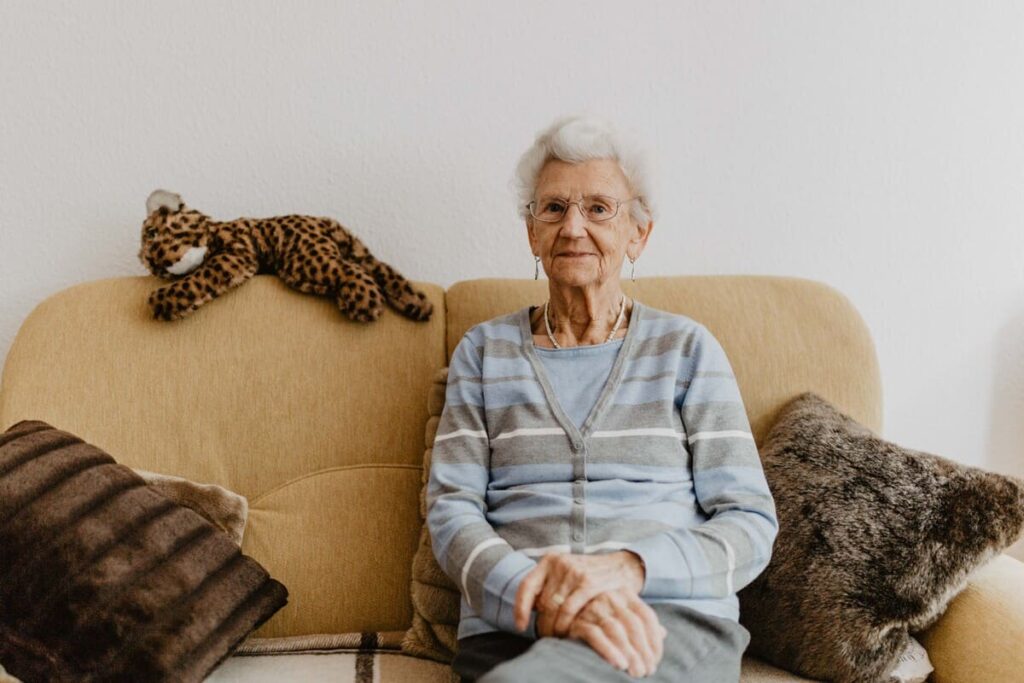
As you get older, your metabolism naturally slows down. This means your body burns fewer calories at rest, so you might notice it’s easier to gain weight even if your eating habits don’t change.
Muscle mass also decreases with age, which can make you feel weaker or less steady on your feet. This happens partly because your body produces less of certain hormones that help maintain muscle.
The good news is you can manage these changes. Staying active, especially with strength training, helps you keep muscle and boosts your metabolism. Even light exercise, like walking or yoga, makes a difference.
Making small changes in your daily routine can add up. Eating a balanced diet with enough protein supports muscle health, and regular movement helps maintain your strength and energy levels over time.
Loneliness affects mental health more than many admit in older age
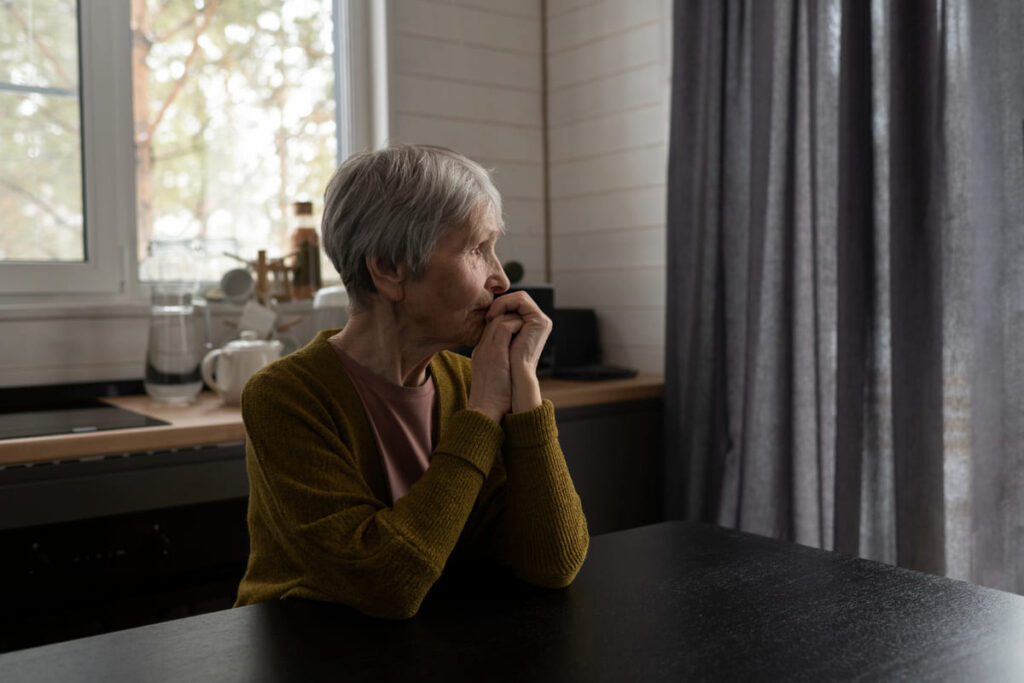
You might not realize how much loneliness can sneak into your daily life as you get older. It’s more than just feeling alone—it can actually affect your mental health in ways you might not expect.
When you feel isolated or disconnected, it can increase feelings of sadness and anxiety. Even if you don’t think about it, loneliness can make sleeping harder and mess with your mood.
Losing close friends or family or living alone makes this more common. It can be tough to reach out, but social connections really do help keep your mind clearer and your spirits higher.
You don’t have to be surrounded by people all the time. Sometimes, just feeling like you have meaningful relationships can make a big difference in how you feel emotionally.
Taking small steps to connect with others or join activities can gradually break the cycle of loneliness. Your mental health depends on these bonds more than you might give credit for.
Ageism and negative stereotypes seriously impact self-worth and mental well-being.

You might not always notice it, but ageism affects how you see yourself. When society throws around negative stereotypes about getting older, it can chip away at your confidence without you realizing it.
These stereotypes don’t just hurt feelings—they influence your mental health. If you absorb messages that growing older means decline or weakness, it can increase stress and lower your self-esteem. That stress can pile up over time and affect your overall well-being.
You may also face real barriers, like being overlooked at work or ignored in social situations. These experiences reinforce the idea that you’re less valuable simply because of your age.
The more you challenge these negative beliefs and embrace positive views of aging, the better your mental health can be. Research shows that having a good self-perception about aging is linked to living longer and feeling more in control of your life.
So, paying attention to how ageism impacts your mind is an important step toward taking care of yourself.
It’s normal to face emotional struggles like grief and anxiety as you age
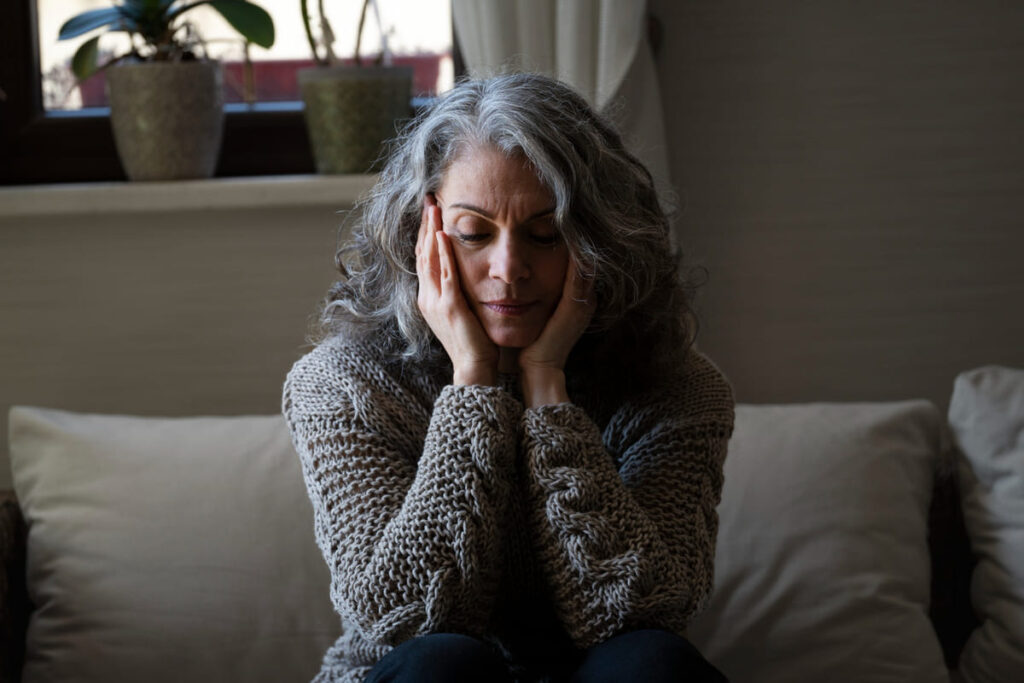
As you get older, you might find yourself dealing with feelings of grief more often. Losing friends, family, or even the life you once had can bring a lot of sadness. It’s okay to recognize these feelings as part of your experience.
Anxiety is also common and can come from worries about your health or changes in your memory. You might feel uncertain about the future or frustrated by challenges you didn’t face before. These feelings don’t mean something is wrong with you; they’re a natural response to new situations.
Remember, mental health struggles like grief and anxiety don’t happen to everyone in the same way. You might have good days and tough days. Taking time to acknowledge your emotions and finding small ways to care for yourself can make a difference.
Maintaining a routine helps keep mental health stable and wards off feelings of purposelessness

When you stick to a routine, it gives your day structure. Having set times for activities like waking up, eating, and sleeping can make life feel more predictable and manageable.
A routine helps you stay grounded, especially during stressful times. It can reduce feelings of anxiety by giving you a sense of control over your day.
Without a schedule, it’s easy to feel lost or aimless. By planning small habits, you create purpose in your daily life, even if it’s as simple as a short walk or reading a few pages.
Routines also remind you to take care of yourself. They make space for the things that recharge you, like rest, exercise, or hobbies. These moments of self-care support your mental health quietly but steadily.
When your days follow a rhythm, you’ll likely find it easier to manage challenges. Maintaining routines isn’t about strict rules; it’s about creating a supportive frame for your well-being.
Nutrition and hydration are key self-care steps often overlooked later in life

As you get older, it’s easy to forget how important nutrition and hydration are for your well-being. Your body needs the right fuel to keep energy up and support brain function.
Staying hydrated helps your cells work properly and keeps your body balanced. Drinking water or low-calorie beverages like tea can make a big difference in how you feel day to day.
Eating a variety of foods like seafood, beans, and poultry gives your body the nutrients it needs. These foods help maintain muscle strength and support overall health.
Sometimes, changes in appetite or taste can make you eat less. Paying attention to what you eat and drink becomes a key part of self-care as your needs evolve with age.
Making small but consistent changes in your diet and hydration habits can improve your mental and physical health. It’s about giving your body what it needs to stay strong and independent.
Social connections can dramatically improve mental resilience and happiness
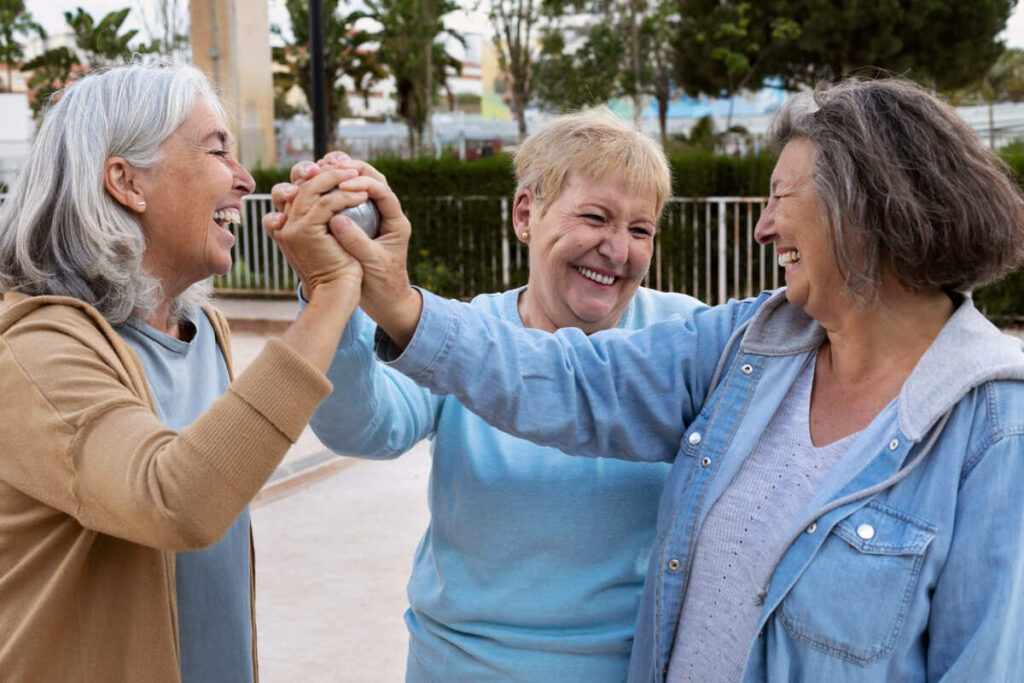
You might not always realize it, but staying connected with others is a powerful way to protect your mental health. When you have people to talk to or lean on, it helps you handle stress better.
Having social connections isn’t just about feeling less lonely. It actually boosts your happiness and can even make you more resilient during tough times. When life gets hard, those relationships give you strength and comfort.
Even if your social network changes as you age, making new friends or reconnecting with old ones can really lift your mood. Simple things like checking in with someone or sharing your day can make a difference.
The benefits go beyond just feeling good emotionally. Strong connections have been linked to better overall well-being and can help reduce anxiety and depression.
So, putting effort into your relationships isn’t just nice—it’s also smart self-care. Even small social interactions can brighten your day and build your mental resilience.
Sleep patterns often change with age, needing more mindful management
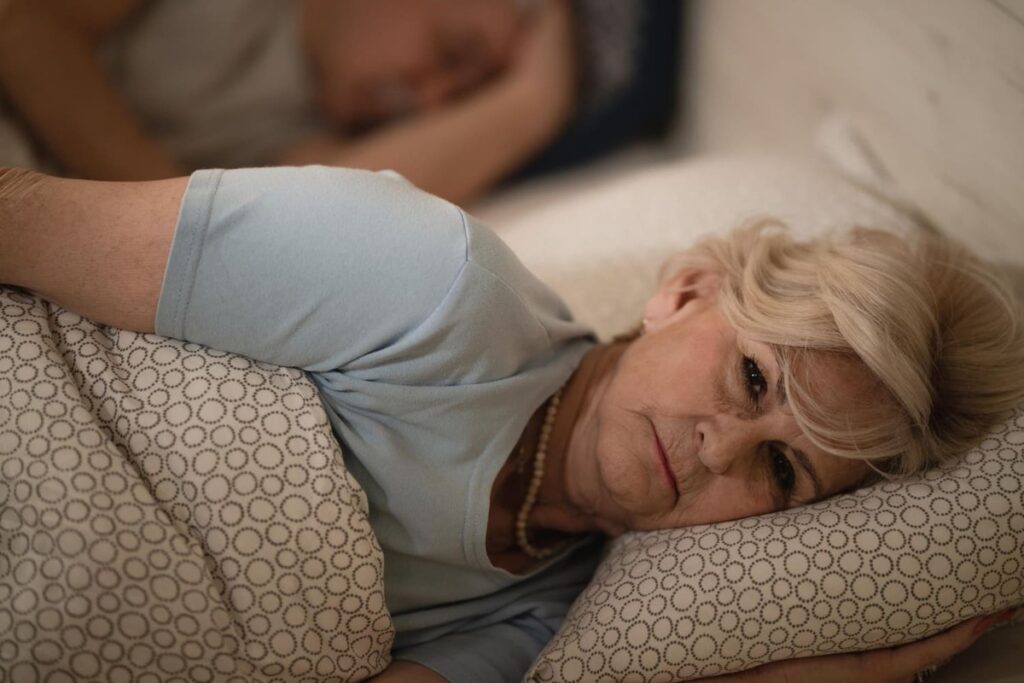
As you get older, your sleep might not feel the same as it once did. You may find yourself waking up more during the night or sleeping lighter overall. These changes are pretty common and usually linked to shifts in your body’s internal clock and other health factors.
You might also notice a decrease in total sleep time, even though your need for rest stays about the same. Things like medications, pain, or mental health issues can make it harder to get good sleep. Being aware of these factors can help you better manage your rest.
It helps to pay attention to your sleep habits and environment. Creating a consistent bedtime routine or avoiding screens before bed could make a real difference. If sleep issues persist, talking to a healthcare provider is a smart move to find out what’s going on.
Exercise tailored to your ability supports brain function and mood
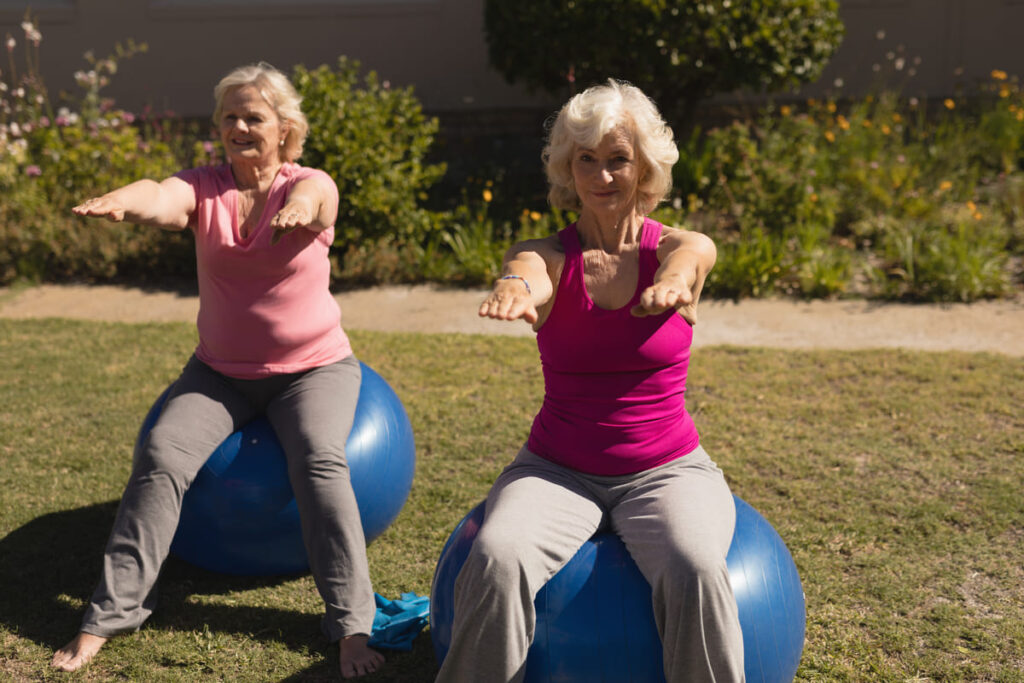
Staying active in ways that match your ability helps keep your brain sharp. Even moderate exercise over months can increase certain brain regions and improve memory.
You don’t have to do intense workouts. Simple activities like walking, balance exercises, or using stairs can boost your mood and reduce stress. These small moves also improve sleep, which is key for mental health.
Regular physical activity can lift your self-esteem and ease feelings of anxiety or depression. It encourages brain cells to grow and connect, helping your thinking and overall brain function.
Focus on what feels right for you. The goal is consistent movement that fits your lifestyle and abilities, not pushing too hard. This makes it easier to stick with and enjoy the benefits over time.
Chronic pain or health conditions can affect mental health more than expected

If you’re dealing with chronic pain or a long-term health condition, you might notice it’s not just your body that feels the impact. Your mental health can take a hit too, often in ways you might not expect.
Pain can wear down your mood and increase feelings of anxiety or depression. It’s common to feel frustrated or helpless when your body doesn’t cooperate like it used to. This isn’t just in your head — the experience of ongoing pain actually changes how your brain works.
You may also find yourself more sensitive to stress or more easily overwhelmed. The constant strain of managing pain or illness can lead to emotional exhaustion, making it harder to cope with everyday challenges.
It’s important to recognize that these mental health struggles are part of the experience, not a personal weakness. Seeking support for both your physical and mental health can make a real difference in how you feel overall.
Meditation and mindfulness have real benefits for aging minds and bodies
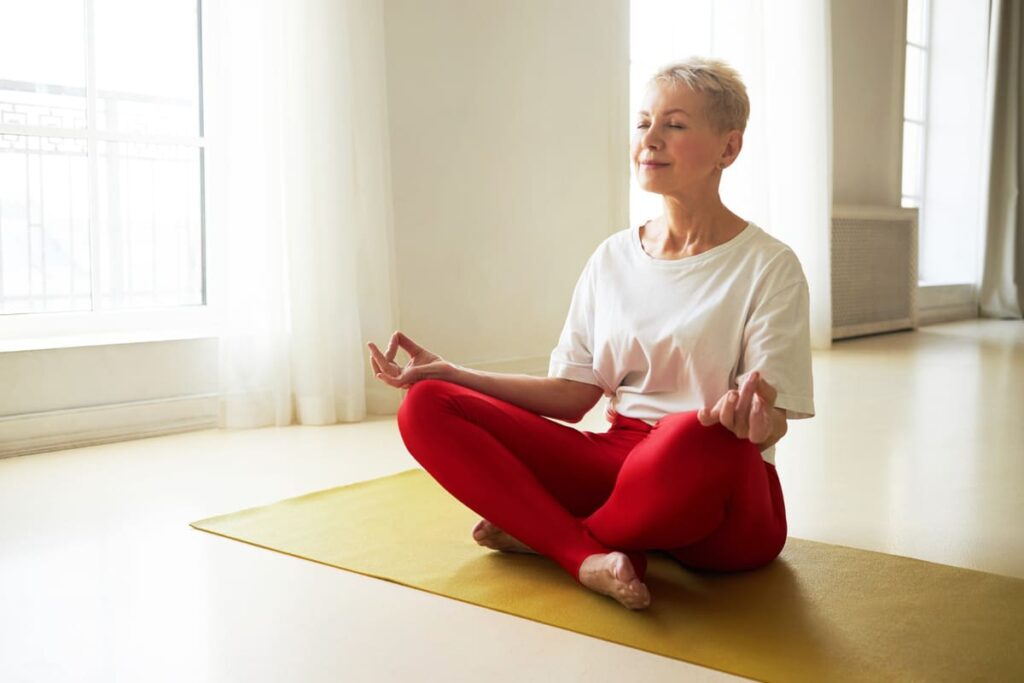
You might think meditation is only for relaxation, but it actually helps your brain stay sharp as you get older. Mindfulness practices encourage you to focus on the present moment, which can improve your attention and reduce mental clutter.
Regular meditation can reduce stress and anxiety, which are common challenges in later life. Lower stress helps protect your body from the wear and tear that comes with aging.
Meditation also supports emotional balance. It can help you manage the ups and downs that come with changes in your health or daily routine.
You don’t need any special setup or experience to start. Even brief, simple mindfulness exercises can boost your mood and cognitive health.
By making meditation part of your routine, you’re actively caring for both your mind and body. It’s a practical way to support your well-being without extra strain or complicated tools.
Seeking help from mental health professionals remains vital and beneficial at any age
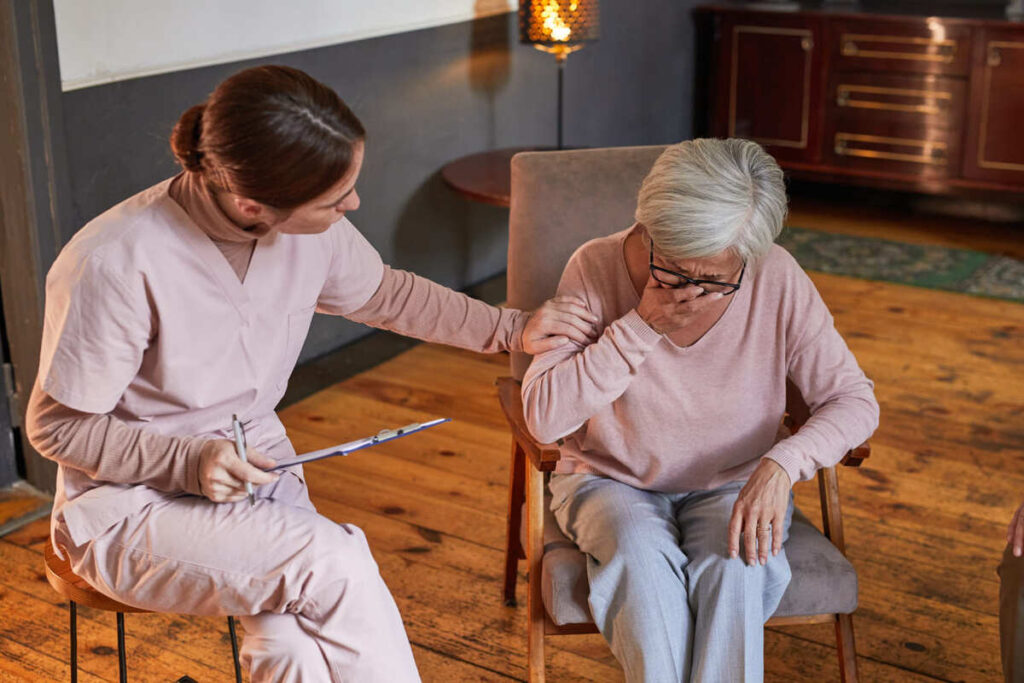
You might think mental health support is mainly for younger people, but that’s not true. As you age, your mental health needs can change, and professionals are there to help you navigate those changes.
Reaching out to a psychologist, psychiatrist, or counselor can provide you with an accurate diagnosis and personalized care. They understand issues that come with aging, like loneliness or anxiety, and can offer strategies tailored just for you.
Getting help early prevents problems from getting worse. It can improve your daily life, help manage stress, and keep you feeling balanced. Plus, talking to a professional can make a big difference in how you cope with big life changes.
If you’re unsure where to start, asking your doctor, friends, or local mental health organizations is a good move. You can even interview a few professionals to find someone who really clicks with you. Remember, taking this step is about looking after yourself.

